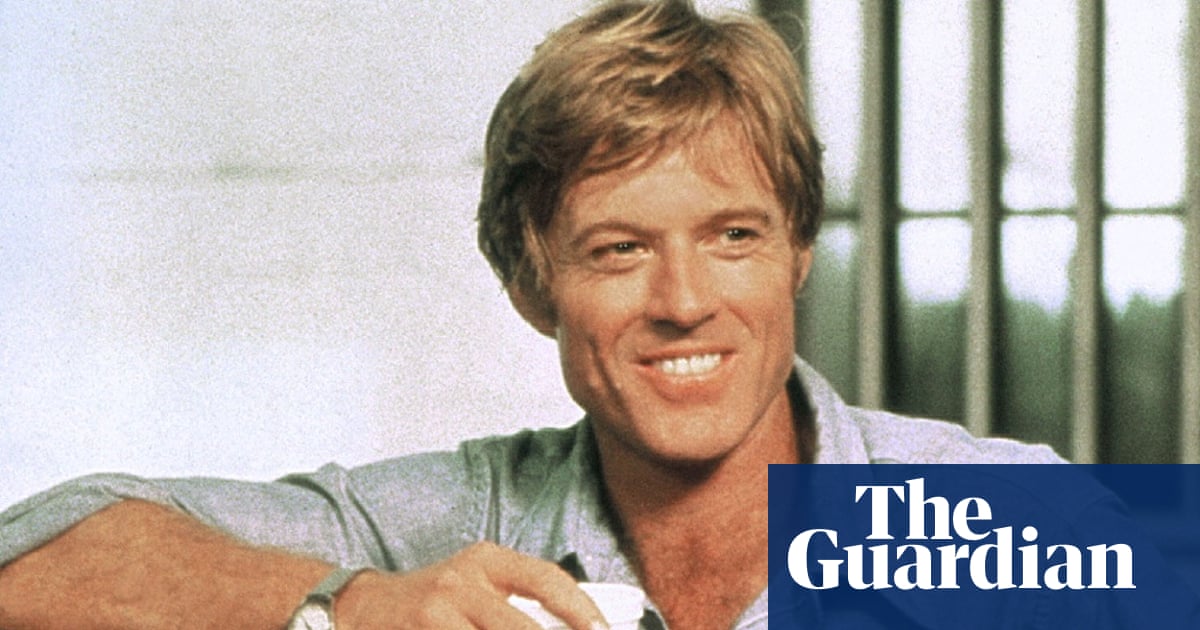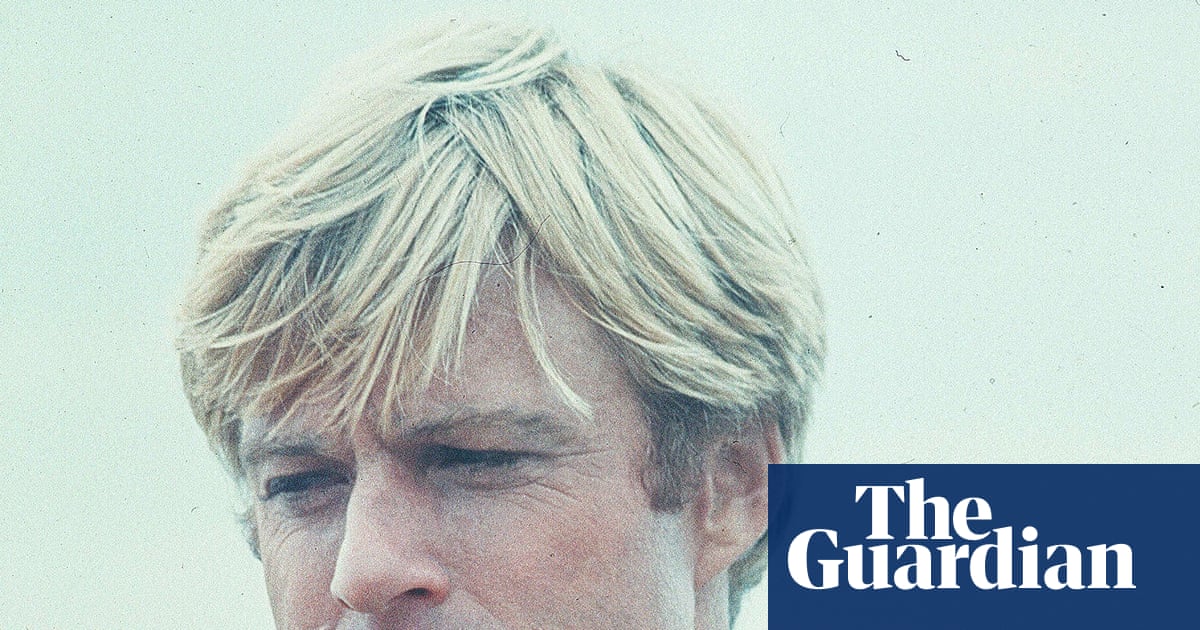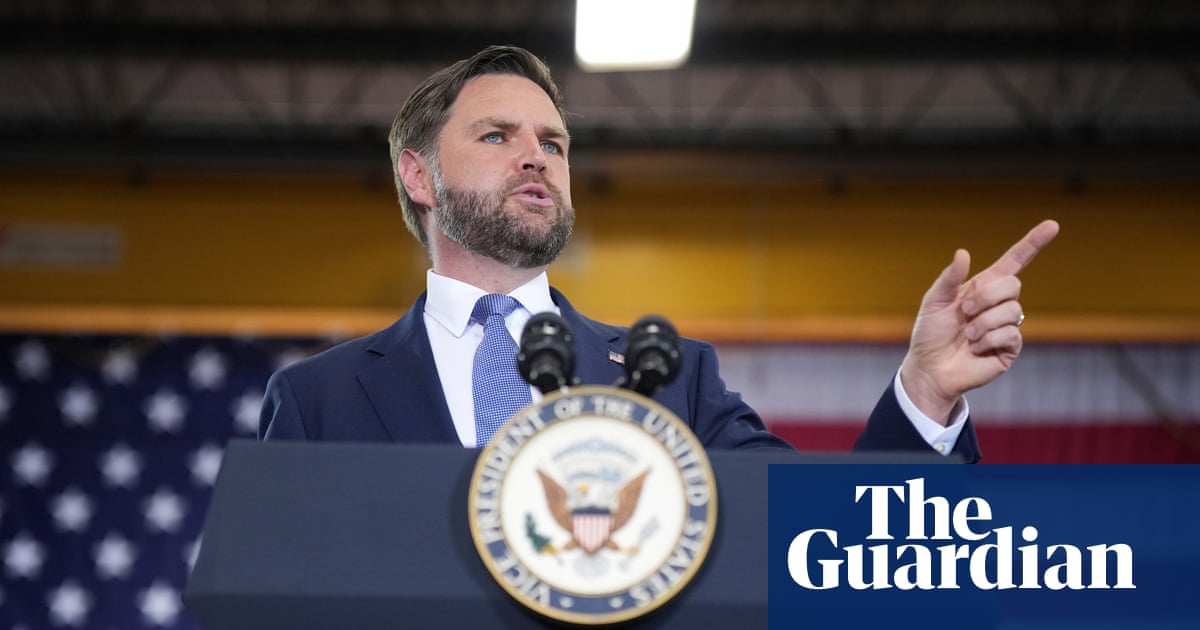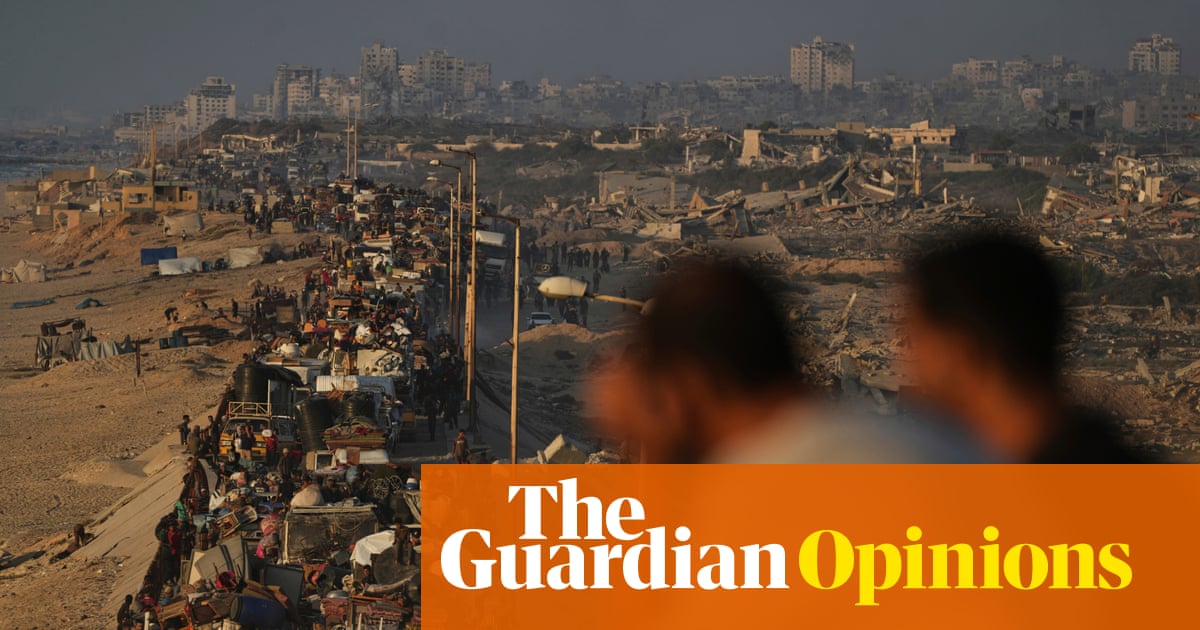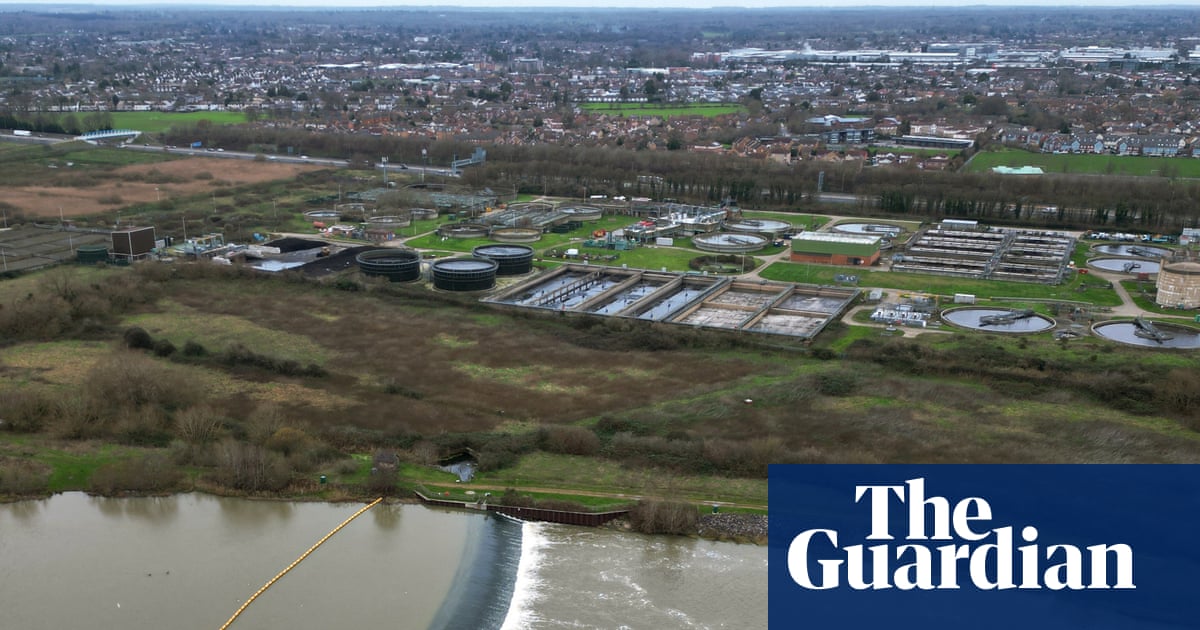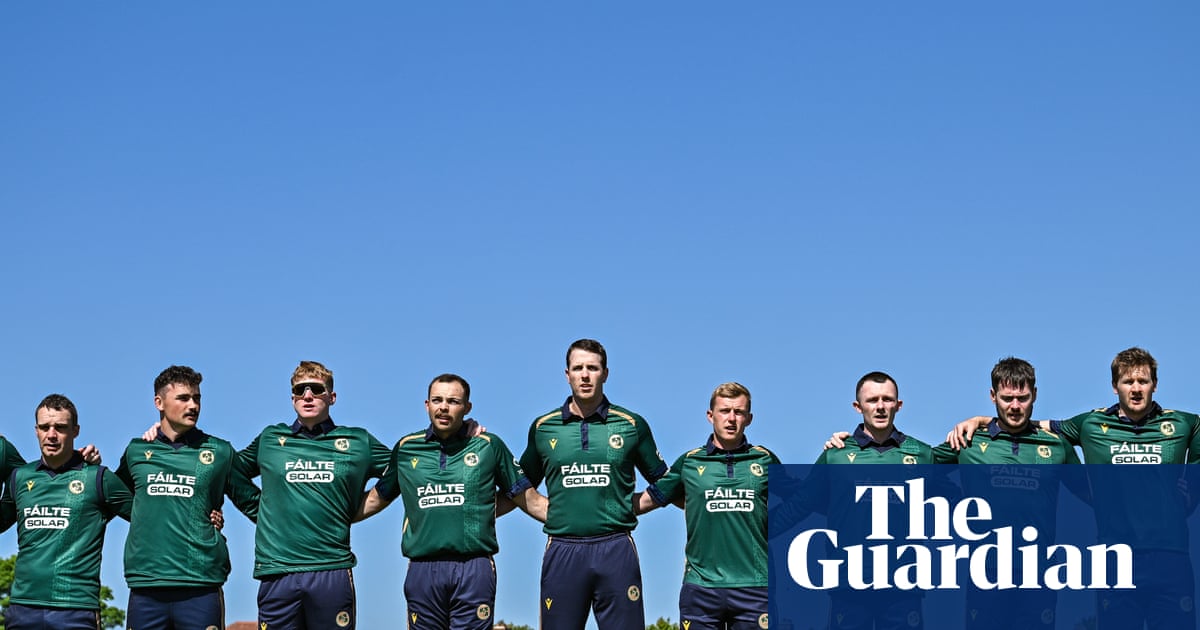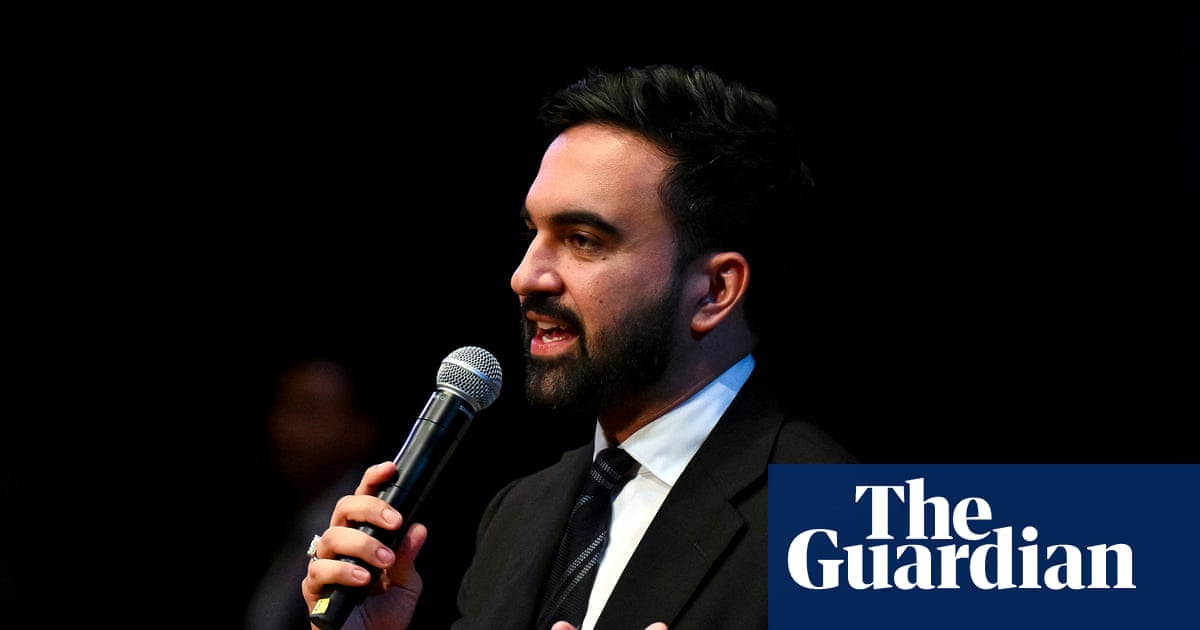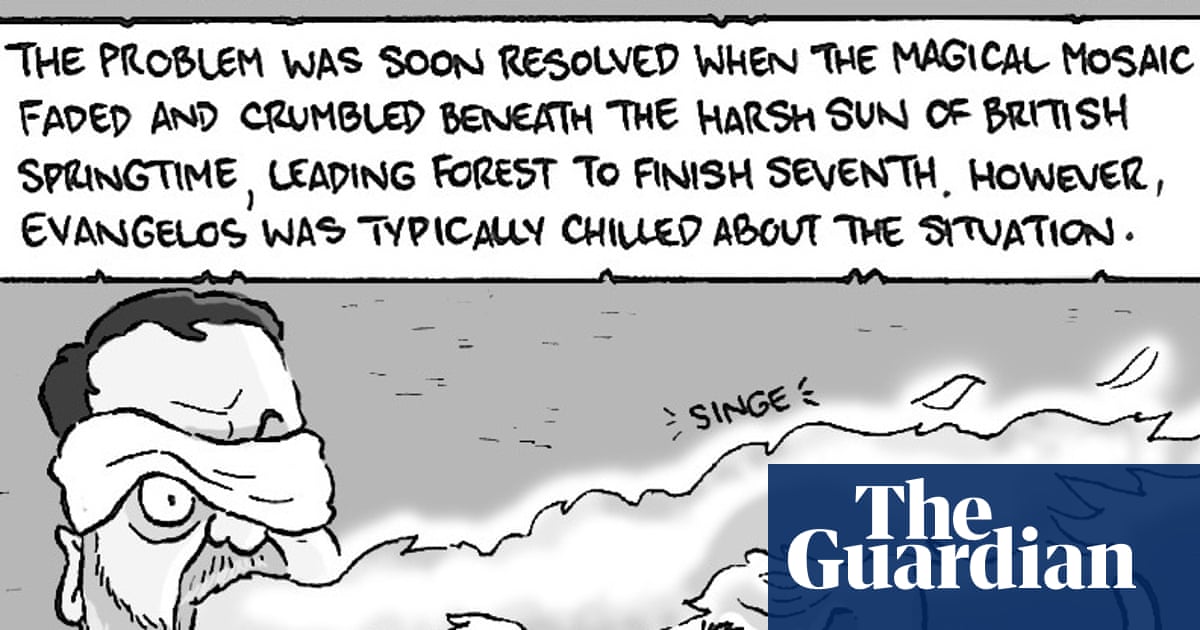If the title is sincere, and this really is the final reckoning, then it’s been a franchise of two halves. Mission: Impossible diehards tend to underrate the first half (which ran from Brian De Palma’s brisk 1996 original to 2011’s fun Ghost Protocol) as much as they overrate the second (which launched with 2015’s Rogue Nation). Yet the rumbles and grumbles emanating from public screenings suggests a disgruntled consensus is forming around the concluding instalment: that this is an altogether disjointed way to resolve the affairs of Ethan Hunt and his IMF crew, and a shaky way to ignite the movie summer season. Ninety minutes in which nothing happens over and over again, followed by 70 minutes of M:I B-roll.
To better diagnose this latest glitch in the Hollywood machine, we need to return to the relighting of the fuse. This was the franchise to which Tom Cruise retreated in the wake of the commercial underperformance of 1999’s Eyes Wide Shut and Magnolia – the two most rigorous turns of this star’s career, films in which Cruise allowed himself to be rattled and seen to be rattled, only to be met with widespread public and awards-circuit indifference. The Mission: Impossibles, by contrast, would be the sort of 4DX-coded sure thing for which audiences have routinely turned out, a creative safe space, even as the films’ constituent set pieces pushed their prime mover into performing ever riskier business to ensure bums on seats.
In those early films, the character of Hunt was as much martyr and marked man as saviour or secular saint, targeted at every turn by directors with comparably forceful visions. The sensationalist De Palma revelled in the set-up’s potential for spectacle; and while, in retrospect, the motorbike-and-mullet combo of 2000’s M:I 2, directed by John Woo and set to a bruising Limp Bizkit beat, was bound to date rapidly, the sometime animator Brad Bird, in Ghost Protocol, had the bright idea of turning the series into a live-action cartoon, with Cruise defying gravity and nature alike by hanging off the side of the Burj Khalifa and personally outrunning a sandstorm.
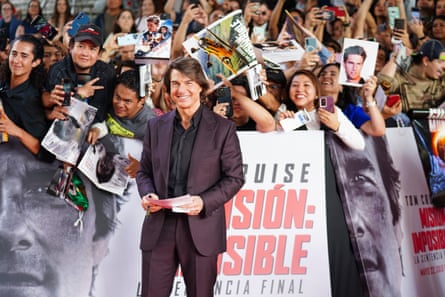
The last four films, however, bear the imprint of screenwriter turned director Christopher McQuarrie, who concluded that what this series needed was a little more conversation, overseeing the construction of a vast story framework for his star to dangle off one-handed. That approach reaches its apotheosis in The Final Reckoning, but the scaffolding now overwhelms the spectacle. The attempt to solder eight films together ends in much-rewritten incoherence – see Ving Rhames’s confused sendoff – and, worryingly, results in missions being described rather than shown. You wonder whether the insurers blanched after Cruise crocked an ankle shooting 2018’s Fallout; now we’re left with folks talking at length in nondescript rooms. Is this a Mission: Impossible movie, as advertised, or some M:I-themed podcast?
The spectacle, when it tardily follows, is subpar; nothing rivals the train derailment in 2023’s Dead Reckoning, which perversely benefitted from McQuarrie’s yen for stringing matters out. A soggy deep dive, cramped and claustrophobic, offers another (this time depressurised) chamber piece; during a rote subterranean shootout, we learn world-ending AI generators can apparently be stored in complex cave systems. (I mean, how long’s the extension cable?) The biplane conclusion feels more like the M:Is of yore, but chiefly reminds you of Top Gun: Maverick’s superior engineering. Too often, McQuarrie has deferred to Cruise and his exhausted stunt coordinators; as a result, the series’ bank of memorable images has dwindled.
At this length, other flaws become apparent. While the cast expanded once the series set up shop in London, the supporting players now have far less to do, save raise sporadic eyebrows in Hunt’s direction. McQuarrie has penned great intros for his women (Rebecca Ferguson, Vanessa Kirby, Hayley Atwell), but they’re then stranded because Cruise is neither Cary Grant nor Colin Farrell. (Onscreen chemistry remains his most impossible mission.) Making artificial intelligence (AI) the villain in 2025 is a resonant choice, but it’s never developed beyond abstract concept; the human big bad (the ever-underused Esai Morales) is an afterthought. Late M:I is mostly All About Tom, or as the credits frame it: Tom Cruise in A Tom Cruise Production.
Maybe the star still has enough goodwill in the tank to get the series over the line financially, but creatively, The Final Reckoning is a busted flush: the fact it’s been outperformed on opening weekend by a live-action Lilo & Stitch seems in some way telling. For his part, Cruise has earned the right to stand alone and unbowed atop the BFI Imax like the world’s most celebrated Antony Gormley figure; his stardom has only been reaffirmed over the course of the past quarter-century. But it’s a problem when your publicity stunts generate punchier images than anything in the film you’re promoting. That long-lit fuse flickered out before it reached the explosives; and in any event, the gelignite has been swapped for flannel and waffle.

.png) 3 months ago
114
3 months ago
114
